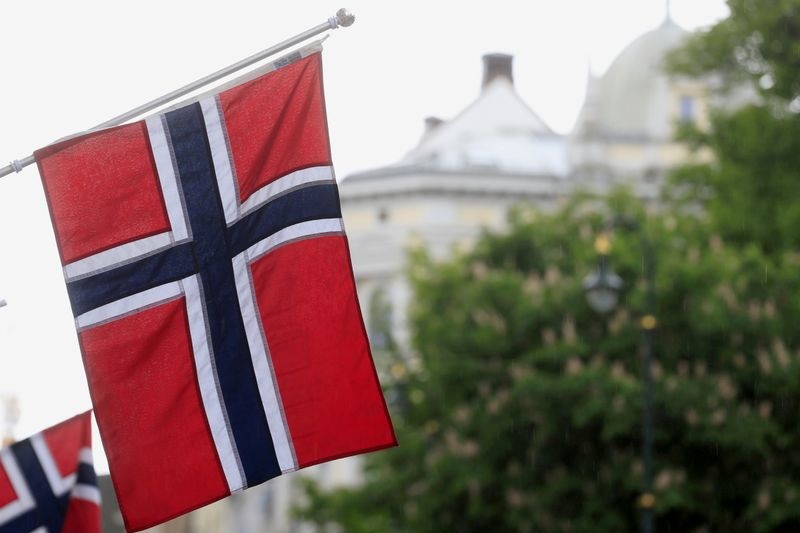Investing.com — Norway leads the pack in sales of zero-emission cars, but surprisingly that hasn’t made a big dent in the electric car superpower’s appetite for oil, suggesting that a reliance on peak oil is premature.
In January, a record 92.1% of all new cars sold in Norway were pure electric, UBS said in a note on Wednesday, a trend that has been gaining momentum since the surge in electric car sales in 2010. But so far the impact on oil demand in Norway Norway “was negligible,” UBS added, noting that the plummet in gasoline demand is more than offset by other oil products.
Norway’s rise to electric car superpower has been fueled by “generous financial incentives”, partly funded by the country’s vast oil and gas wealth, according to UBS.
The lack of control over oil demand due to rising sales of electric cars is due to the slow adoption of electric cars, or the slow turnaround of the fleet, with electric cars accounting for only 21% of the total fleet by the end of 2023 while petrol cars accounted for about 23% and diesel cars for about 33%.
Range anxiety may also have hindered the growth of EV use, as the fear of running out of power before reaching a charging station is leading many in Norway to opt for combustion engines, or ICE, vehicles or hybrids for the longest distances.
“Another possibility is that electric vehicles are used for short distances, but Norwegians still rely on fossil fuels to travel longer distances,” UBS said.
In addition to using oil for transportation needs, Norway has seen a jump in demand for oil products, which has also played a role in cushioning the blow from rising electric vehicle sales.
Remove ads
.
“In Norway, demand for LPG/ethane, which is mainly used in the petrochemical sector but also as a heating and cooking fuel, has been particularly strong, at around 35%,” UBS said.
Steady oil demand in Norway is a reminder that rising sales of zero-emission cars may not lead to an immediate drop in oil demand, UBS said, reiterating its view that global oil demand has not yet peaked reaches.
“We continue to believe that growth will increase in the coming years, then level off and begin a gradual decline at some point over the next decade,” the report said.


